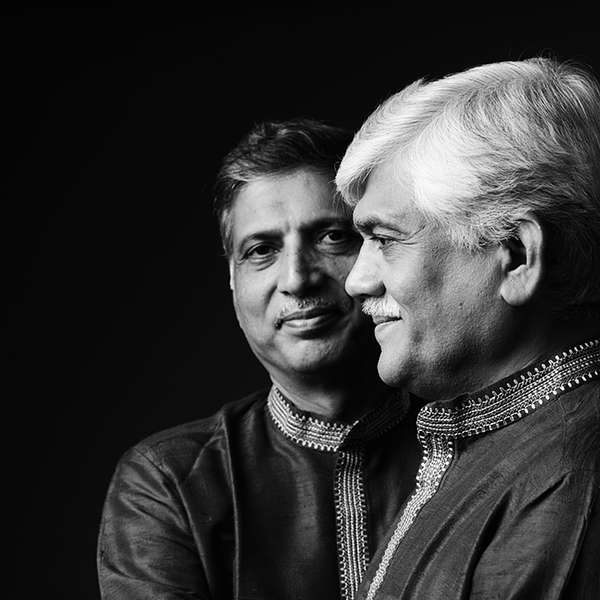
Conscious Paths
For lovers of arts, traditions, culture inspired in the ancient wise India presented thru its different colors and manifestations. Inspirations about Mantra, Music, Meditation, Yoga, Mantras, Wisdom and Sciences from India. Sharing tools for Inner and outer growth and rich traditions.
Conscious Paths
Dhrupad, the Oldest Surviving Classical Style of North Indian Vocal Music
Following the previous interview with Gundecha Brothers, who dedicated their lives to continuing this style of music, we present the part II of the talk, where among other interesting insights, the main topics covered are:
The importance of Sanskrit and the connection between Dhrupad and this language, the three notes used in the Vedic chanting style, and the difference between mantra chanting and mantra singing.
Dhrupad claims the distinction of being the oldest form of Indian Classical music heard today, its origin can be traced back to the chanting of Vedic hymns and mantras. The birth of Dhrupad as we know it today coincided with the Bhakti movement and consequently was more devotional in nature. It was rendered in temples facing the the Divinity full of devotion and bhaav, this was the genesis of what became known as Haveli Dhrupad/Sangeet.
Dhrupad is a body of spiritual and mystical knowledge to be practiced with devotion (Bhakthi) and dedication (Shraddha). It is primarily an act of submission to one's inner spirit, not a tool for entertainment.
The Gundecha Brothers from Ujjain, India are classical vocalists of the Dhrupad genre of the Dagar Vani (a tradition of classical Dhrupad of 20 generations tracking back to Swami Haridas.) From 1985 to 2019 the duo consisted of brothers Umakant Gundecha and Ramakant Gundecha and were awarded the Padma Sri for art for 2012. Following the death of Ramakant Gundecha in 2019, his son Anant began to perform with Umakant in the Gundecha Bandhu. They also run a Dhrupad institute outside Bhopal, India, where they teach students from all over the world according to the guru–shishya tradition, or parampara ("lineage"), denoting a succession of teachers and disciples.
"Dhrupad is the search of the ultimate, the search for a true sound, the eternal sound, the sound of the cosmos. Dhrupad is Nada Yoga - the yoga of sound. It is the best way to get yourself into a calm, peaceful state of mind." Umakant Gundecha
"In Dhrupad, we sing the notes in their pure form. Both the performers as well as the listeners experience the life energy in these notes. Dhrupad is therefore really about going deep into the essence of everything, including oneself. You can see yourself through Dhrupad." Ramakant Gundecha